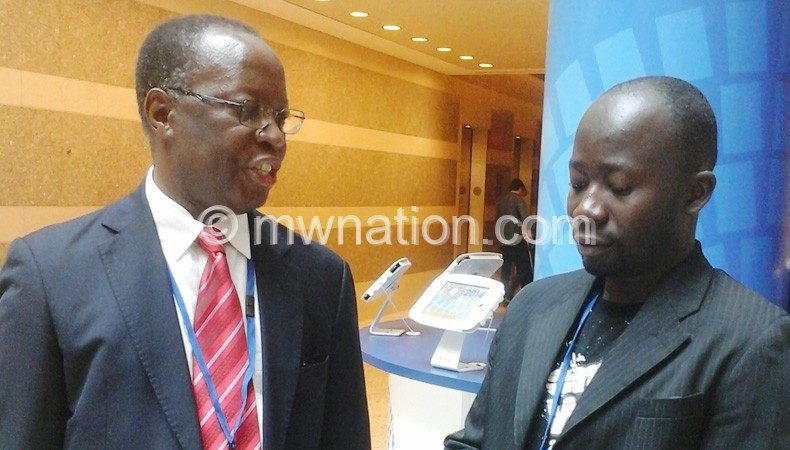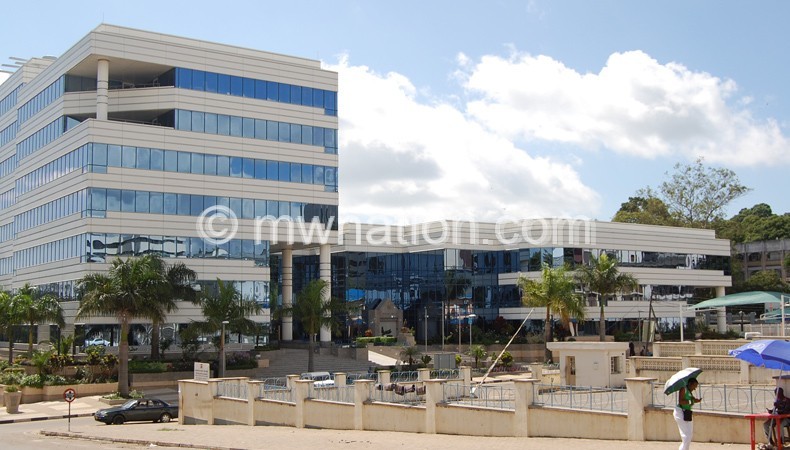Rise in import cover not surprising—RBM
Reserve Bank of Malawi (RBM) has said it is not surprising that there has been a surge in foreign exchange reserves because the central bank is implementing a number of interventions apart from a Malawi Government debt worth $250 million sold to PTA Bank.
Data from RBM show that cumulatively import cover [official and private sector] as of last week is at 5.1 months, which is an equivalent of $972.16 million.

This comprises official foreign exchange reserves, held by RBM, of $646.26 million and private sector reserves of $325.94 million held by authorised dealer banks (ADBs), central bank figures show.
Explaining the forex upsurge at a time reserves are supposed to be under pressure, RBM spokesperson Mbane Ngwira on Monday said prior to the PTA Bank facility inflow, the economy was already sitting on 2.5 months of import cover.
“We had an accumulation of 2.5 months of import cover and the $250 million PTA Bank facility is an equivalent of 1.5 months of import cover and that gives you four months of import cover,” he said.
He added that when the central bank had just hiked the bank rate, or policy rate—the rate at which commercial banks borrow from the central bank as a lender of last resort—by 2.5 percentage points to 25 percent from 22.5 percent last year, more people sold foreign currency into the official market, which he said induced the availability of foreign exchange in the economy.

RBM also tightened monetary policy and other instruments such as liquidity reserve requirement (LRR) for forex deposits and forex receipts.
Following a directive on LRR—a fraction of deposits that commercial banks keep with the central bank currently at 15.5 percent—the reserves on forex deposits are being made in kwacha and not in their respective currencies.
Economists also contend that higher interest rates make it more attractive to foreign investors to save in Malawi as there is a better rate of return on savings accounts, which increases the inflow of foreign currency into the domestic economy.
Ngwira also said at a time the local currency fast depreciated against the dollar and other major foreign currencies towards September 2014, more people who were hoarding foreign currency were compelled to sell out their dollars, which also pushed hard cash into the system.
“You can see that it is not just the PTA Bank money that explains the increase in the import cover figures, but also there are other trigger mechanisms as well,” he said.
Last week, some economic analysts questioned forex reserves figures that authorities released, saying the economy is at the height of its lean season where there is excess demand for foreign exchange.
Economic commentator at Centre for Social Concern (CfSC) Mathias Kafunda questioned the authenticity of the figures and how the local currency has appreciated rapidly during “difficult economic circumstances”.





